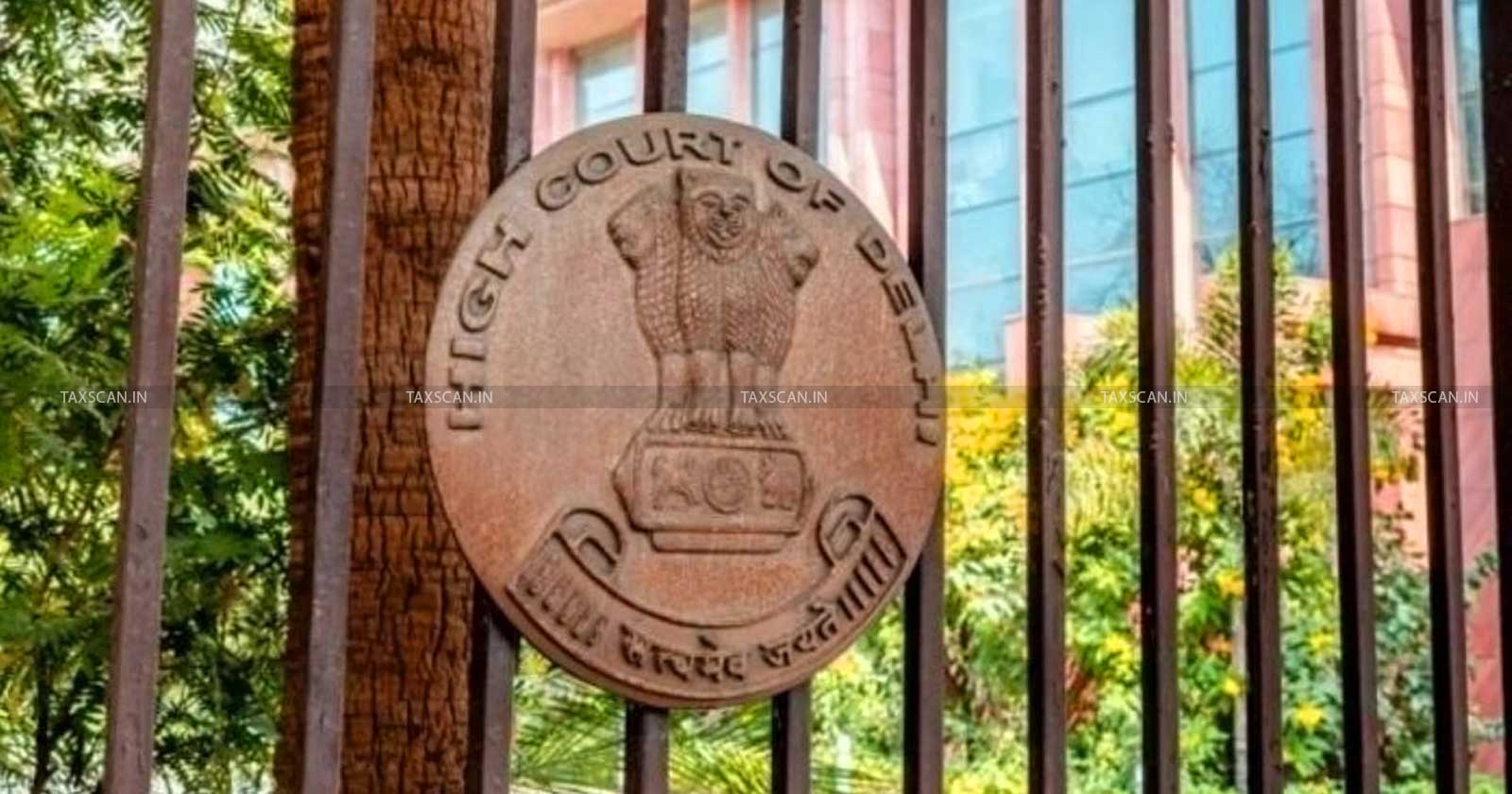Charges against Company Must Pass through Provisional Liquidator not through Resigned Chairman: Delhi HC [Read Order]
As per Section 457 of the Companies Act, 1956 (as was then applicable), it is only the Provisional Liquidator or person authorised by the Provisional Liquidator, who could represent the Company in the trial

Delhi High Court – Delhi HC – Provisional Liquidator role – Allegations against Companies – Cases against companies – Taxscan
Delhi High Court – Delhi HC – Provisional Liquidator role – Allegations against Companies – Cases against companies – Taxscan
The Delhi High Court determined that the representation of the company in the case must be undertaken by the Provisional Liquidator rather than the former chairman who had resigned. However, the charges framed against the petitioner in his individual capacity have not been interfered with by the Court.
A petition was filed under Section 482 of the Code of Criminal Procedure, 1973, sought relief to quash charges against the petitioner in a case involving M/s ESAM India Limited. The petitioner contested the order on charge dated 16.06.2007 and the subsequent charge dated 03.08.2007 passed by the Additional Chief Metropolitan Magistrate ( ACMM ) in Enforcement v. M/s ESAM India Limited.
The petitioner, aggrieved by the order, argued that as the company was in liquidation and a provisional liquidator had been appointed, only the provisional liquidator could represent the company, not the petitioner. The petitioner emphasised their resignation from the company in 1993, long before the alleged transaction in question. The petitioner also acknowledged their readiness to face trial on individual charges.
In response, the counsel for the respondent contended that the petitioner, having represented the company during the alleged transaction, was liable for charges under Section 68 of the Foreign Exchange Regulations Act, 1973. They cited the judgment of the Supreme Court in Shailendra Swarup v. Deputy Director, Enforcement Directorate ( 2020 ) 16 SCC 561 in support.
The court observed that while the petitioner did not dispute the invocation of Section 68, the petitioner's representation of the company in trial proceedings was without authorization. The court highlighted that the company being in liquidation necessitated representation through the provisional liquidator, as per Section 457 of the Companies Act, 1956.
The bench of Justice Navin Chawla observed that “In terms of Section 457 of the Companies Act, 1956 (as was then applicable), it is only the Provisional Liquidator or person authorized by the Provisional Liquidator, who could represent the Company in the trial. The petitioner, therefore, cannot be said to be representing the Company. It is another thing to say that he would face the trial in his individual capacity as an accused, but another thing to say that he would also face the trial as a representative of the Company.”
Consequently, the court ruled that the charges against the company through the petitioner were unsustainable, directing modification of the impugned order dated 03.08.2007. However, the court clarified that charges against the petitioner in their individual capacity remained unaffected.
To Read the full text of the Order CLICK HERE
Support our journalism by subscribing to Taxscan premium. Follow us on Telegram for quick updates


